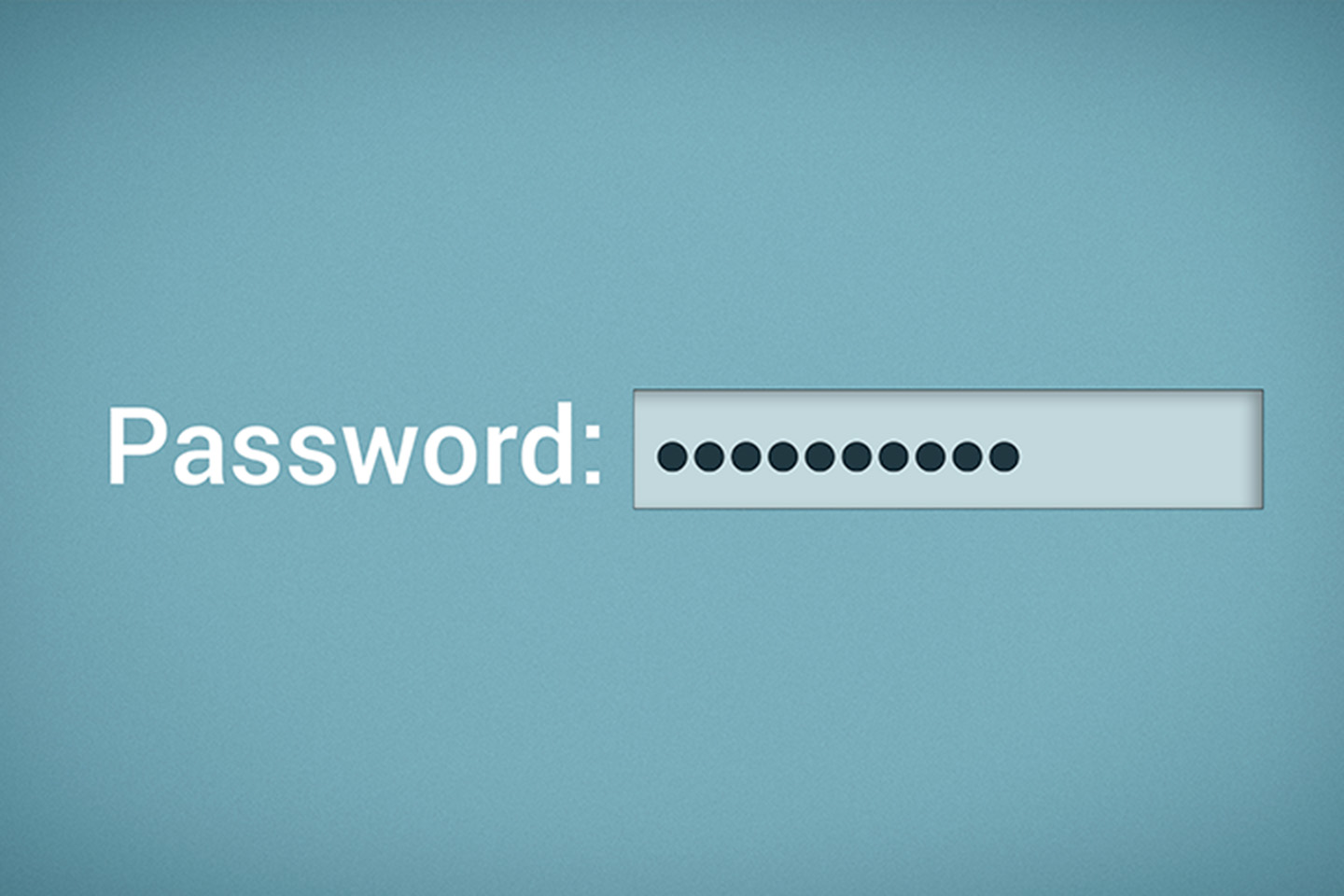Making an offer on a property: what should you look out for?

Keytrade Bank
keytradebank.be
December 17, 2020
(updated January 24, 2022)
3 minutes to read
Coronavirus crisis or not, the Belgian property market proved immune to any bad news in 2020. Even after the steep rise seen in recent years, residential property prices continued to climb. In some regions, prospective buyers took the fear of missing out seriously, with offer prices going significantly over the asking prices in some cases. In this kind of climate, emotions can take over, and prospective buyers may find themselves making an offer that they actually can't come through on.
Although we often think otherwise, an offer is indeed binding. Whether it's an auction organised by a notary (via biddit.be or another option) or an offer in a private sale (from one person to another, for example), it doesn't matter – as soon as your offer has been received by the seller and they accept, it's binding. Even if you, as a buyer, fail to get a mortgage from the bank, that doesn't count as a valid reason to withdraw the offer. Once an offer has been accepted, neither the buyer nor the seller can get out of it (unless they both reach an agreement to pull out).
Fortunately, however, there are a number of techniques at your disposal to avoid getting caught in a trap as a prospective buyer.
1. Attach an expiry date to your offer
If you make an offer in a private sale, you're advised to attach an expiry date to it. You then decide exactly how much time you want to give the seller to make up their mind. If you make an offer without attaching an expiry date, the seller can, in principle, take as long as they like to consider your offer. If the seller accepts your offer, ask for written confirmation (this can also be done by e-mail).The situation's a little different when it comes to an auction. Your offer remains binding, even if another party outbids you. If, for example, the notary establishes that the offer from the highest bidder can't be accepted for whatever reason (the bidder appears to be legally incapable, for example), the next highest bid may then come out on top. You should therefore bear in mind that any bid made at auction remains binding for 10 working days after the end of the bidding period.
2. Use conditions precedent
If you make an offer, you can always make it subject to some conditions. More specifically, by attaching one or more conditions precedent to it. If any of the conditions aren't met, you can walk away.A condition precedent that frequently applies is obtaining a mortgage. The requested loan amount must be mentioned in the condition precedent. If you make an offer subject to this condition precedent and you can't get a loan to finance the purchase, the offer loses its validity. Of course, the seller can ask you to provide the necessary proof in this case (proof that you've applied for a loan with one or more banks and that the application has been refused, for instance). Count a lead time of up to three weeks for obtaining this proof and be sure to mention the requested loan amount.You can also attach other conditions precedent to the offer, such as obtaining clean environmental certificates, the absence of town planning violations, and so on. You should also link an end date to these conditions precedent, too.
3. Know your numbers
Before making an offer, you need to work out your budget. That may sound logical, but emotions can sometimes take over in the heat of the moment, meaning you end up offering more than you can handle. Set a limit, and make sure you stick to it.You should always do your homework first, too. What registration fees and notary fees are involved? How much do I have in reserve and what's the best buffer to maintain? What renovation costs do I expect to incur on the property? Is my job sufficiently secure? The list goes on.Be sure to run a mortgage simulation at an early stage before making an offer. That's easy to do online with Keytrade Bank.
4. The highest bid isn't always the winning bid
Most people always assume that the one with the deepest pockets wins. And that's often the case, particularly at auctions. In a private sale, however, the seller isn't obliged to accept the highest bid and can choose who they want to sell the property to. You can also take this into account when preparing your offer and during any negotiations. You can then make a friendly offer. Yet if you attach a long list of requirements and conditions to the offer, become pushy, or automatically copy your real estate lawyer in on your e-mails, you could cause the seller to get cold feet.
An auction and a private sale are different things
As you've already noticed, the rules for an auction sometimes differ to those for a private sale.
If you're buying a property in a private sale (for example, through an estate agent or from a private individual), you first need to make an offer, sign a promissory agreement, and the deed of sale will follow within a period of four months. You can agree a deposit, and the outstanding funds will then be settled when the sale is executed.
In an auction, the situation is different. No promissory document is signed, while a notarial deed is signed immediately instead. You must pay its registration fees and the notary's fees within five working days of signing the deed. And six weeks after you've been awarded the property, you must pay the seller. As the buyer, it's important to know that you can no longer ask for a cooling-off period or introduce conditions precedent at this point.
If you're selling, note that you're not allowed to organise an auction where you let prospective buyers bid against each other in public. This is strictly a notary's domain.
Other articles that might interest you

What can you do if you find a hidden defect in your home?

Do you have a dormant account? This is how you can check!

Will AI replace human investment advisers?

How to choose a tracker?

Graph of the week: Industry has not succumbed to Trump!

Guide: how much you need in savings

When you are taking out a mortgage, make sure to take out this free insurance

Why you can take out a home loan too as a single person

Gift or inheritance? Avoid these 3 big pitfalls (and any unnecessary tension)

An offer, an option agreement or a contract: ending the confusion

Risks and opportunities in the energy sector

Taking out a loan for energy-saving renovations: what are your options?

New reductions in stamp duty for home buyers

Everything you need to know about the post-intervention file

How much can you borrow for a home?

A no-deposit mortgage loan: fact or fiction?

Age limit for a mortgage loan: is it true?

Borrowing for a second home: what are your options?

Property shares: ripe for a comeback?

What happens to the shared home when a relationship breaks down?

Helping your (grand)children to buy a home: what are the options?

Stamp duty and inheritance taxes are set to fall sharply in Wallonia

What to look out for when buying a home

Planning renovations? Which renovation grants are you (still) entitled to?

Rental income and taxes: what every landlord should know

After the gold rally, is it silver's turn?

Why the S&P 500 does and does not have a problem

Investing in future index constituents: opportunities and pitfalls

World Cleanup Day

Ever heard of the Zweig Breadth Thrust?

Humanoid robots: hype or golden opportunity for investors?

Defensive shares as a buffer?

US shares no longer number one!

One inheritance at multiple times: contingent legacies

Will there be a recession in the US?

As cruise companies gather steam, are their shares doing the same?

Your family member dies: how to manage their banking

Have the Magnificent 7 lost their magic?

Lending money to family or friends: do you have carte blanche?

What costs are involved in buying a home?

Has the obesity trade peaked?

How to invest in AI after the DeepSeek bomb

Married, cohabiting or in a non-cohabiting relationship: the impact on gifts and legacies

Writing your own will? Avoid these 10 mistakes

12 questions and answers about a lasting power of attorney

Want to fit in a gift before the end of the year and avoid paying gift tax?

Investors missed out on many great opportunities in 2024

Dividends, (pension) savings and tax-free income: what's new in 2025

40 years of pension savings: what will you spend it on (literally)?

From FOMO to ZERO bank account? 5x pension savings to the rescue

Pension savings returns: these choices give the maximum payout

What monthly pension savings for a maximum return?

Lifetime pension savings: the sooner you begin, the more you rake in

What if pension savings were like a dating app?

Myth busters: 5 myths vs. facts about pension savings

Pension savings: save the grey hair for later

Why pension planning is even more important for women

United States 1, Everyone Else 0

What would the retired version of you say to yourself?

Which loan is the best fit for your renovation project?

FIRE: how hot is this financial trend and how does it work?

How can you teach your child to save? 12 tips

A potential worldwide trade war is claiming European victims

Ever thought of investing in the pet industry?

Have a password manager on your cybersecurity checklist yet?

Have long-term interest rates once again started a 40-year uptrend?

Democrats or Republicans: which party is better for your investments?

Scam letters are back (even though they never really went away)

Graph of the Week: Magnificent 7 vs 2000s Tech Bubble

Investing at new highs is an elevated idea

5 mistakes investors make in volatile markets

Government bonds, savings accounts, or term accounts: which should you choose?

Checklist: travel without any money worries

Investing in Belgian shares: the dangers of too many domestic securities

Investors, never pay too much for your favourite share!

Would it be better to buy a student room than rent one?

House flipping: is it worthwhile?

Investing in dividend shares: what to look for?

What your friends forgot to tell you about cheaper travel

Why high dividend yields can be a poisoned chalice

Comparing savings accounts: where do you put your money?

3 ways to invest when you don't have much time.

Watch out for recruitment scams

Is it time to invest in Chinese stocks again?

How do you select an investment fund for your child?

Opening an online bank account: what is holding you back?

Will ultra-low interest rates make a comeback? Probably not…

Robotics: From science fiction to science

How to recognise investment fraud

Are money market funds an attractive investment?

Is it the right time to invest in bonds?

Stock market records: some down-to-earth advice on how to respond to dazzling heights

Have you ever thought about investing for your children?

Online dating scams: tips to protect yourself

How can you invest in space travel?

How do you protect your smartphone from hackers?

Shopping online: 7 tips and points to consider

Five myths about sustainable investing

How can you invest in an ageing population?

6 reasons why installing solar panels is still worthwhile in 2024

How do elections affect the stock market?

8 questions and answers about holding companies

Nigeria: a new hot spot for adventurous investors?

Investing in emerging markets: are investment funds a smarter buy than trackers?

How to invest in the energy transition?

Read this before you scan another QR code

How to put phishers out of a job

Is India the new China?
Which sectors should remain overweight following the latest rate hike?

8 timeless rules for investors

Get ready for the last quarter!

Saving for the sake of saving? Or with a goal in mind?

How do you prepare financially for a longer life?

Handling recessions: a manual

How to navigate a relationship with lopsided incomes?

Avoiding and dealing with conflicts on financial matters: a guide

Sell in May? Is it really such a good idea?

Investors, keep your emotions in check!

How natural disasters affect the economy and the markets

Money management in a new blended family: a step-by-step plan

1 account for the both of you? Or separate accounts? Or a combo?

It is impossible to disinherit your child in Belgium: fact or fiction?

How much diversification is enough for your portfolio?

From KIID to KID: new rules, better investment decisions

Which investment opportunities are available on the road to smart mobility?

Is the end nigh for American dominance?

A vitamin shot for your investments

Does water earn a place in your portfolio?

What is the difference between a tracker and a fund?

Bonds to rise in 2023?

“The headwinds should ease up in the second half of 2023”

“More chaff will be separated from the wheat on the stock exchanges”

2022: 840 000EUR in bonuses and (a higher interest rate on your savings account)

Museum of Circular Economy: what’s next?

A recession and yet the markets are going up?!

What is technical analysis and how does it work?

The situation following the Russian invasion of Ukraine

There's something new in the air in the investment world!

6 points to consider for thematic investing

Property transfer tax – how much is this tax?

Is tighter monetary policy acting as a brake on the stock market upturn?

Belgian traders tempted by American stock market rush and Reddit investors

With or without the coronavirus: why green investing remains just as relevant as before

Impact investing: sustainable investments with that little bit more

How much additional income are you allowed to earn as a pensioner?

All in our fund market at the same price

How to invest if you're on a tight budget

This is what the tax authorities know about your money

Investing in dividend shares: what to look for?

Hate budgeting? This is your guide to budgeting

Podcasts about money and investments (part one)

Can countries go bankrupt?

Could there be a little more of using a little less?

Which investment style and which regions would benefit from renewed growth in interest rates?

Inflation? Grab some commodities for your portfolio!

Which shares will be the rising stars once interest rates start increasing again?

Gold, cash and government bonds: how safe are safe havens?

What is fundamental analysis, and how does it work?

Rent or buy? How to use the price-to-rent ratio

What do I do to balance my investments?

The impact of luck on investments

Are you investing really globally with a tracker on a world index?

Are we heading into a year-end rally by the stock markets?

Coronablog de Geert Van Herck: La panique atteint des sommets… énième épisode

Emerging countries are lagging behind!

First Aid for Your (Financial) Administration

Tips from an expert: how to keep your passwords safe

Coronavirus blog Geert Van Herck: Property once again fails to deliver diversification bonus

Swapping your car for a bike: how much money could you save?

Can China make the dollar crash?

Afraid of causing Ferrari or hammock syndrome? This is how you can make a gift and stay in control

Are trackers the latest bubble on the financial markets?

Podcasts about money and investments (part two)

Anxious about inflation? Have you ever considered the mining sector?

What does higher inflation do to your savings and investments?

How can you invest successfully?

Which shares suit you?




























































































































































